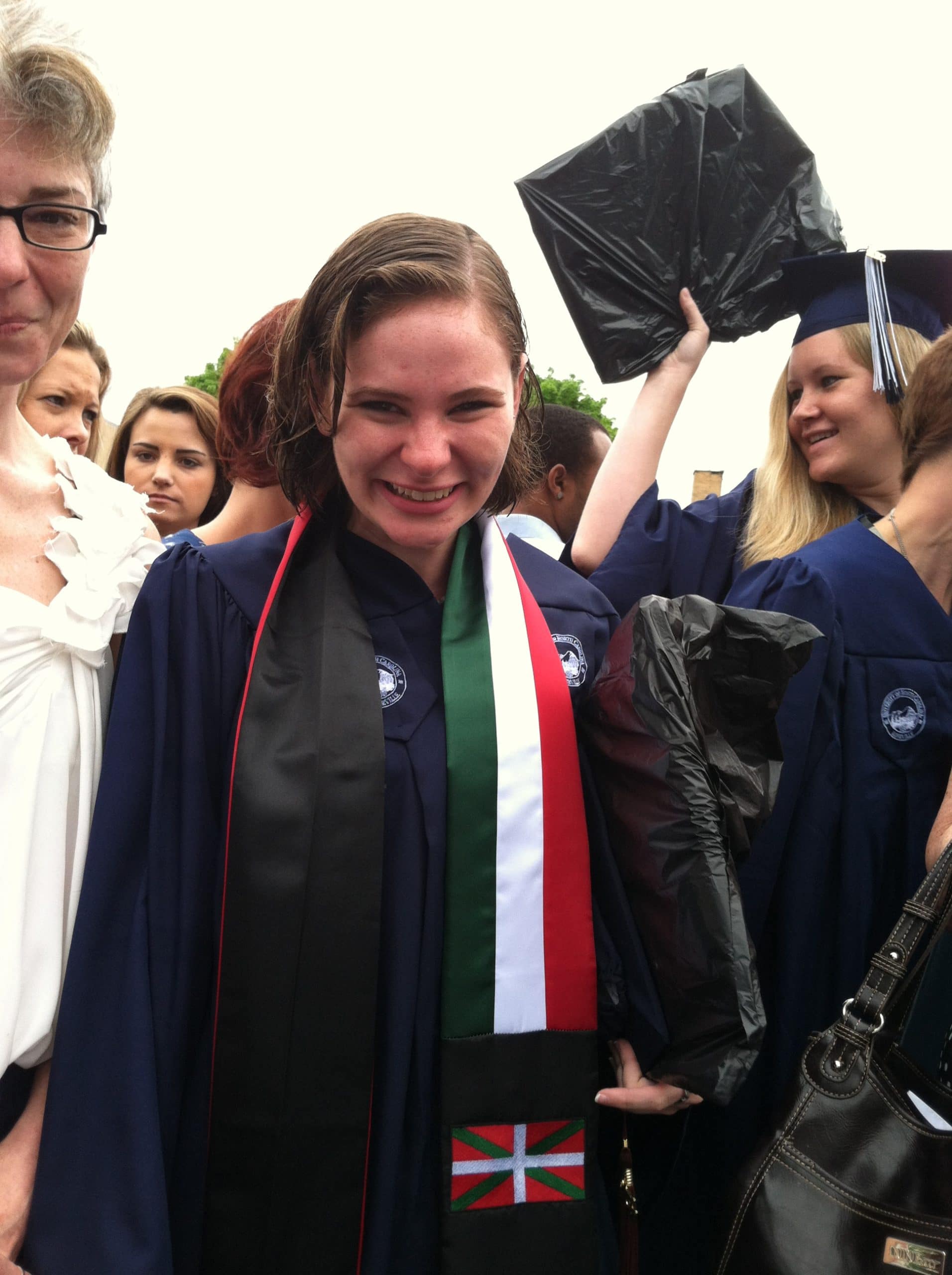Dr. Jeniffer Simon, a caring and experienced urologist, Geissinger Medical Center, State College PA showed me on her computer this image–a cancerous tumor surrounding my right kidney, referring me to Memorial Sloan Kettering Cancer Center in New York City. “Unless you have surgery quickly, you will be dead in 10 years.” The date: April 5, 2013, […]
North Carolina
“Carolina in my mind” plus Mebane: Wedding site
Of course, it is impossible to think of North Carolina without hearing James Taylor singing: “Carolina in my mind.” ++++ When I lived in New York City, the song lyric reverberating through the skyscrapers was, “If you can make it here, you can make it anywhere.” ++++ North Carolina, as you can see from the […]
Random Thoughts: January 30, 2013
Time for more random updates and personal revelations out of date to everyone but me January 30, 2013: Someone stole Goya’s head. (The fact that his happened in the 19th Century is irrelevant.) “On a November morning of 1888 in the cemetery of the Grande Chartreuse, Bordeaux, the Spanish counsel resident in that opulent city […]
Countdown over: Amelia’s graduation ceremony was very wet; may end with my joining the Smyth County Moose Lodge
Asheville CITIZEN-TIMES previews the graduation ceremonies that have now taken place: “ASHEVILLE — Former White House Chief of Staff Erskine Bowles will speak at UNC Asheville’s graduation ceremony in May. “Bowles served as President Clinton’s top assistant and was tapped by President Barack Obama to tackle the nation’s budget woes. He also spent five years as […]
My first scooter: Originally published as a Valentine to the Durable Medical Equipment Industry
[The following was originally published in the February, 2011 edition of HME News as a Valentine to the Durable Medical Equipment industry. The love continues.] I was so angry, wild with fatigue, that I lifted my ugly drug store cane intending to destroy my employer’s computer printer. This was in California’s Silicon Valley. The printer was […]
Portrait of my grandfather and namesake an intensely emotional journey from 1916 when the photograph was taken
My grandfather played the saxophone and clarinet in the orchestra pits of movie theaters (many of them great palaces) to entertain audiences when the silent movies were playing. His name was Salvatore Pellecia. My mother, a Hebrew school teacher, named me after him—translating “Salvatore” into “God helps” and then debating between “Joshua” and “Joel Ezra” […]



